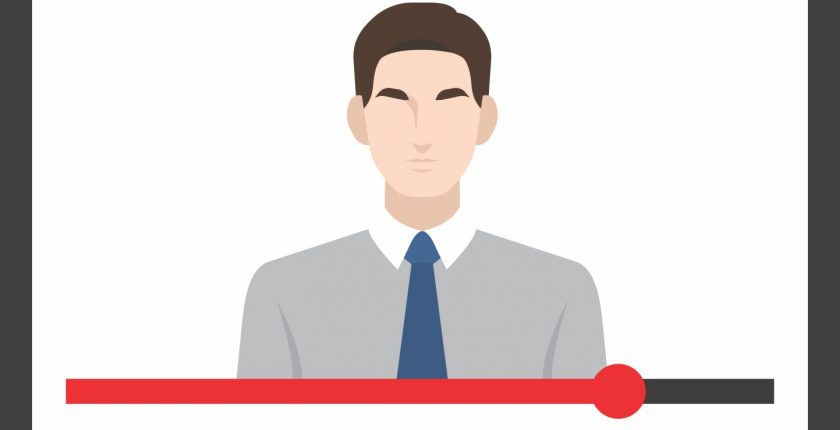Preparing for an Interview During a Pandemic
Zoom and Microsoft Teams are now just part of our everyday 2020 vocabulary, so it’s hardly surprising when remote interviews are requested and arranged via video calling platforms.
Convenient, flexible and safe but how personal are they? and how can you ensure thorough preparation?
- Technical Knowledge: You should treat your Zoom interview like any other job interview, but you should also get familiar with the platform and technology so that you’re totally comfortable, downloading the app ahead of time can take away any last minute anxiety too. Practice using your webcam, making sure you’re in shot and can be heard clearly and finally make sure your iPad or laptop is fully charged.
- Distraction Free Space: Choose a suitable space which is free of distraction, calm, tidy and quiet, has ideal lighting and of course has the best internet connection. Turn off other technology, put the dog and children in another room.
- Timing: Many employers are new to using Zoom for their interviews, and they may use the same “meeting room” or link for multiple job seekers. So you may be entering a “room” that was being used to talk to another job seeker before you, be prompt but not too early for your interview.
- Wear Headphones: Technology is never perfect. There’s a chance there could be a lag, which can cause an echo if you’re not wearing headphones. Headphones also improve sound quality and help block out distracting noises.
- Appearance: Dress to impress and get fully dressed and kitted out as if your interview is happening in person. It’s helpful to feel professional head-to-toe, but it also helps psychologically.
- Mute: Familiarise yourself with the mute button ready in the case of an emergency event like a coughing or sneezing episode.
- Don’t Interject: In a video interview, it’s best to let the hiring manager or recruiter finish their thought before jumping in. A tiny lag can throw off the rhythm and make your interjection—even when you intended it to be gentle and polite—sound like a rude interruption.
- Body Language: During your interview, sit up tall with your hands in your lap and your feet on the floor. While you speak, you may use your hands as well if that’s natural for you. As your interviewer speaks, use nonverbal cues such as nodding and smiling to show that you are listening.
- Be Prepared: Make sure you have done some background research into the company, industry and the role, have questions ready to ask and have a pen and paper nearby to write notes.
If you need further advice don’t hesitate to get in touch with one of the Magnus James team

